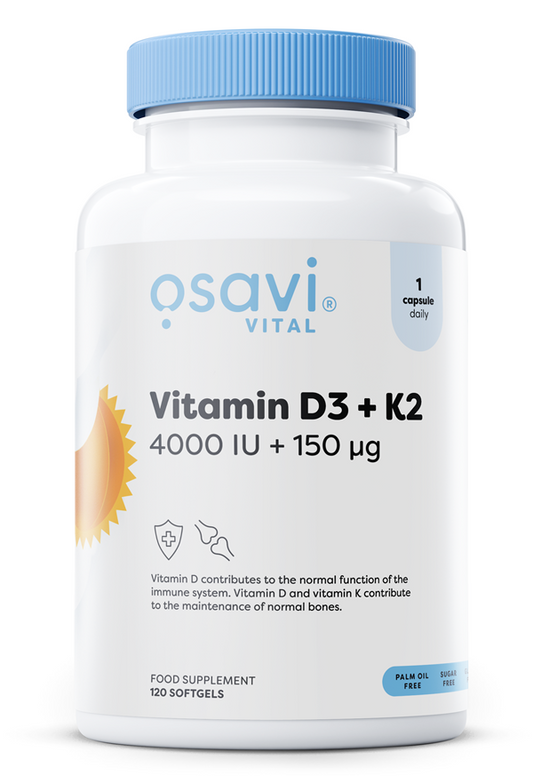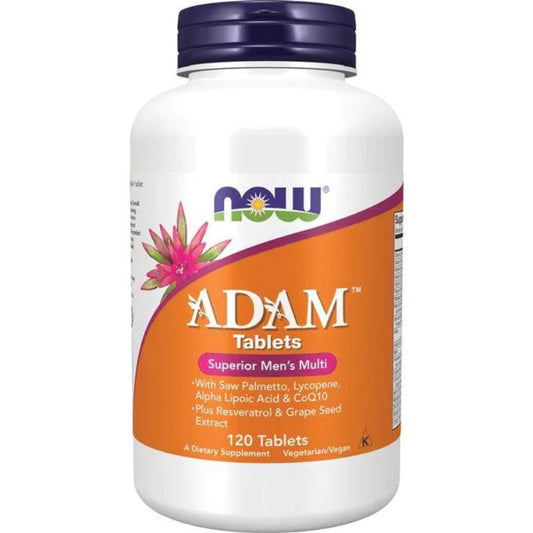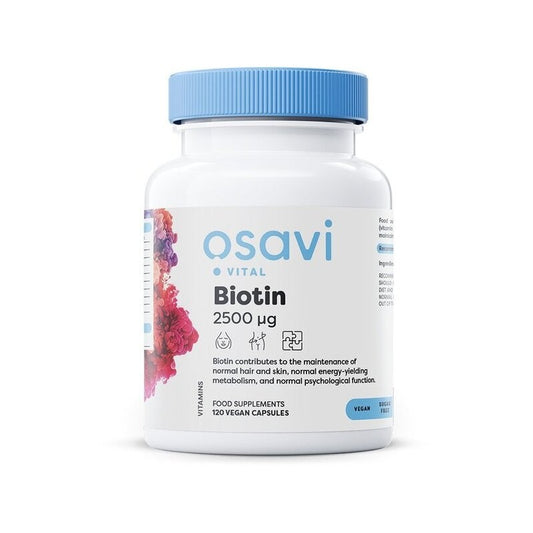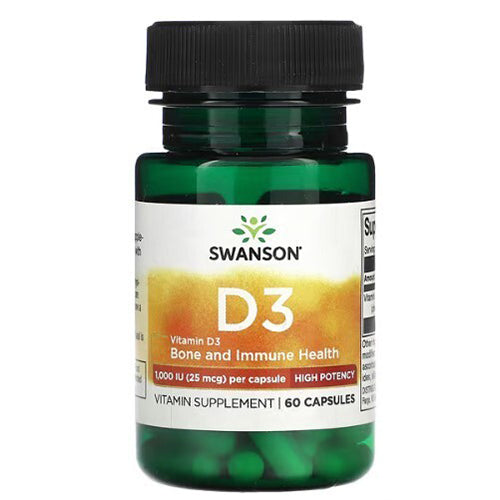
General Wellness and Everyday Energy Support
Jakub SkibaFeeling your best every day begins with a focus on overall wellness. In our fast-paced world, many people struggle to maintain steady energy levels, mental clarity, and emotional balance. Between busy schedules, digital distractions, and constant demands, it’s easy to feel drained—even when you’re getting enough sleep. General wellness isn’t about perfection; it’s about creating sustainable habits that help your body and mind stay balanced, nourished, and energized.
Supporting your overall wellbeing involves a combination of nutrition, movement, rest, and self-care. When these areas are in harmony, energy naturally flows more consistently throughout the day. By paying attention to how you eat, sleep, move, and manage stress, you can create a lifestyle that promotes vitality and long-term health.
Fatigue and Low Energy: Understanding the Causes
It’s normal to feel tired after a long day—but persistent fatigue can be a sign that your lifestyle needs rebalancing. Fatigue isn’t just physical exhaustion; it can also affect mental focus and emotional stability. When energy levels drop frequently, it often reflects an imbalance in diet, rest, or stress management.
Common lifestyle factors that contribute to low energy include:
-
Inconsistent sleep routines or poor-quality rest
-
Nutrient gaps from processed or unbalanced diets
-
Sedentary habits that limit oxygen flow and circulation
-
Chronic stress or emotional burnout
-
Dehydration and lack of proper hydration habits
By addressing these areas, most people can restore their natural rhythm and energy over time.
Nutrition and Key Nutrients for Everyday Energy
A balanced diet provides the building blocks your body needs to create and sustain energy. Choosing nutrient-dense foods instead of relying on caffeine or sugar helps maintain steady focus and vitality throughout the day.
Important nutrients for energy support include:
-
Vitamin B12 – Supports energy metabolism and contributes to normal red blood cell formation.
-
Iron – Helps with oxygen transport, supporting overall energy and endurance.
-
Magnesium – Aids in muscle function, relaxation, and natural energy production.
-
Zinc – Plays a role in metabolism and overall immune balance.
-
Vitamin D – Supports mood balance and general wellness, especially in low-sunlight seasons.
-
Coenzyme Q10 (CoQ10) – A naturally occurring compound that supports cellular energy production.
Including a variety of fruits, vegetables, whole grains, and lean proteins helps provide these essential nutrients naturally.
Lifestyle Habits That Promote Wellness and Vitality
General wellness extends beyond diet—it’s also about daily routines that support your physical and emotional balance. Small, consistent changes can make a significant difference in how you feel each day.
Prioritize Restorative Sleep
Aim for 7–9 hours of uninterrupted rest each night. Avoid screens before bedtime, maintain a consistent sleep schedule, and create a calm environment that encourages deep rest.
Stay Physically Active
Movement promotes circulation and helps manage stress. Even short walks, light stretching, or yoga can boost energy and improve mood.
Manage Stress Mindfully
Chronic stress is one of the biggest drains on energy. Incorporate mindfulness, meditation, journaling, or time in nature to help reset your mental balance.
Stay Hydrated
Dehydration is often overlooked as a cause of fatigue. Keep water nearby and sip throughout the day to maintain focus and alertness.
Eat Regular, Balanced Meals
Skipping meals or relying on high-sugar snacks leads to energy crashes. Prioritize balanced meals with complex carbs, protein, and healthy fats to stabilize energy levels.
When to Seek Professional Guidance
While general wellness practices can greatly improve how you feel, persistent or severe fatigue can sometimes be linked to underlying health issues. If low energy continues despite healthy habits, it’s best to speak with a qualified healthcare provider for personalized advice and assessment.










